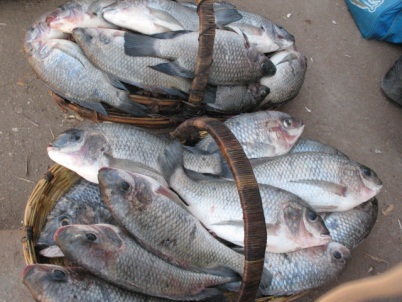Lake Malawi, one the critical natural resource for the country, is filling up with soil as a result of land degradation which has taken alarming proportions, a senior government official confirmed the development.
Over 40 tons of soil are being washed away on every hectare of land every year.
The soils are going into streams and rivers before being driven into Lake Malawi and eventually down into the Shire River where hydro electric power generation, critical for industrial growth, is now choked.
Agriculture and Food Security Minister Peter Mwanza confirmed this saying that is why the government has prioritised sustainable land and water management in its development plans including the Malawi Growth and Development Strategy (MGDS).
He was speaking to journalists in Mangochi this week after the official start of a three-day second biannual Conservation Agriculture symposium for 2012.
“In 1992, the figure stood at 20 tons per hectare. That figure is now more than 40 hectares per hectare per annum. I am very worried about this development.
“What is happening is that that’s soil being washed away upland is now filling the lake (Lake Malawi). Conservation agriculture is therefore one way of curbing this problem. When you are flying over Lake Malawi, you can see red soil coming into the lake from the rivers that feed it,” he observed.
Upland, he said, sustained increased agricultural production is currently being threatened by the land degradation, climate change, high poverty levels, small landholdings and poor crop and animal breeds.
He said much of the land degradation is being caused by soil erosion and the increased depletion of plant nutrients problems that call for urgent redressing.
Besides the agriculture sector, the problems are now negatively affecting generation of hydro electric power which eventually is affecting growth and development of industry in the whole country.
“Estimates of soil loss that was done by the World Bank in 1992…indicated an average loss of about 20 tons per hectare per year…the magnitude of siltation observed in water bodies such as lakes and rivers indicates that the country is losing a lot of soil every year,” Mwanza said.
The symposium brought together scientists, suppliers, farmers and donors who shared experiences and lessons for use in the implementation of large-scale conservation agriculture in the country.




